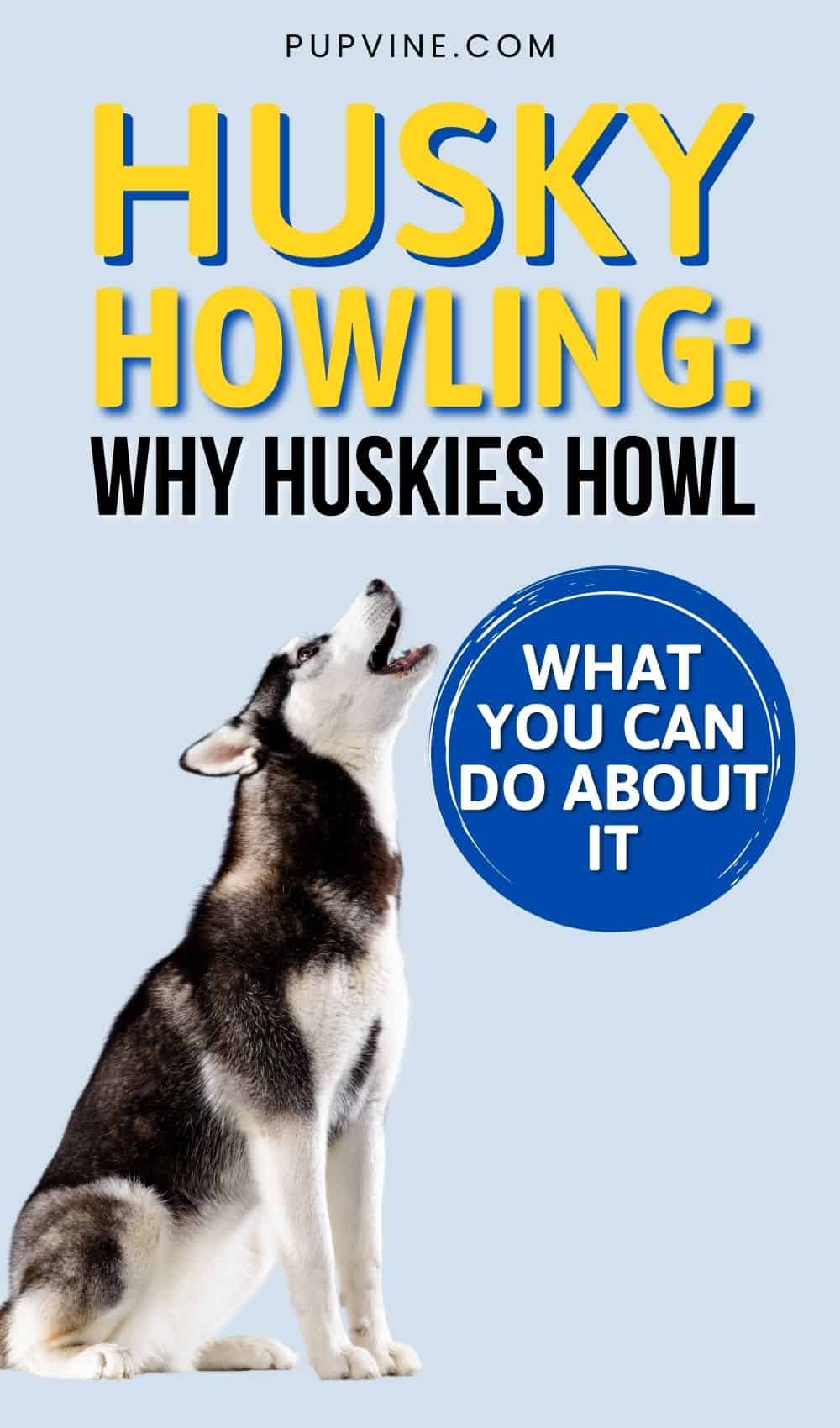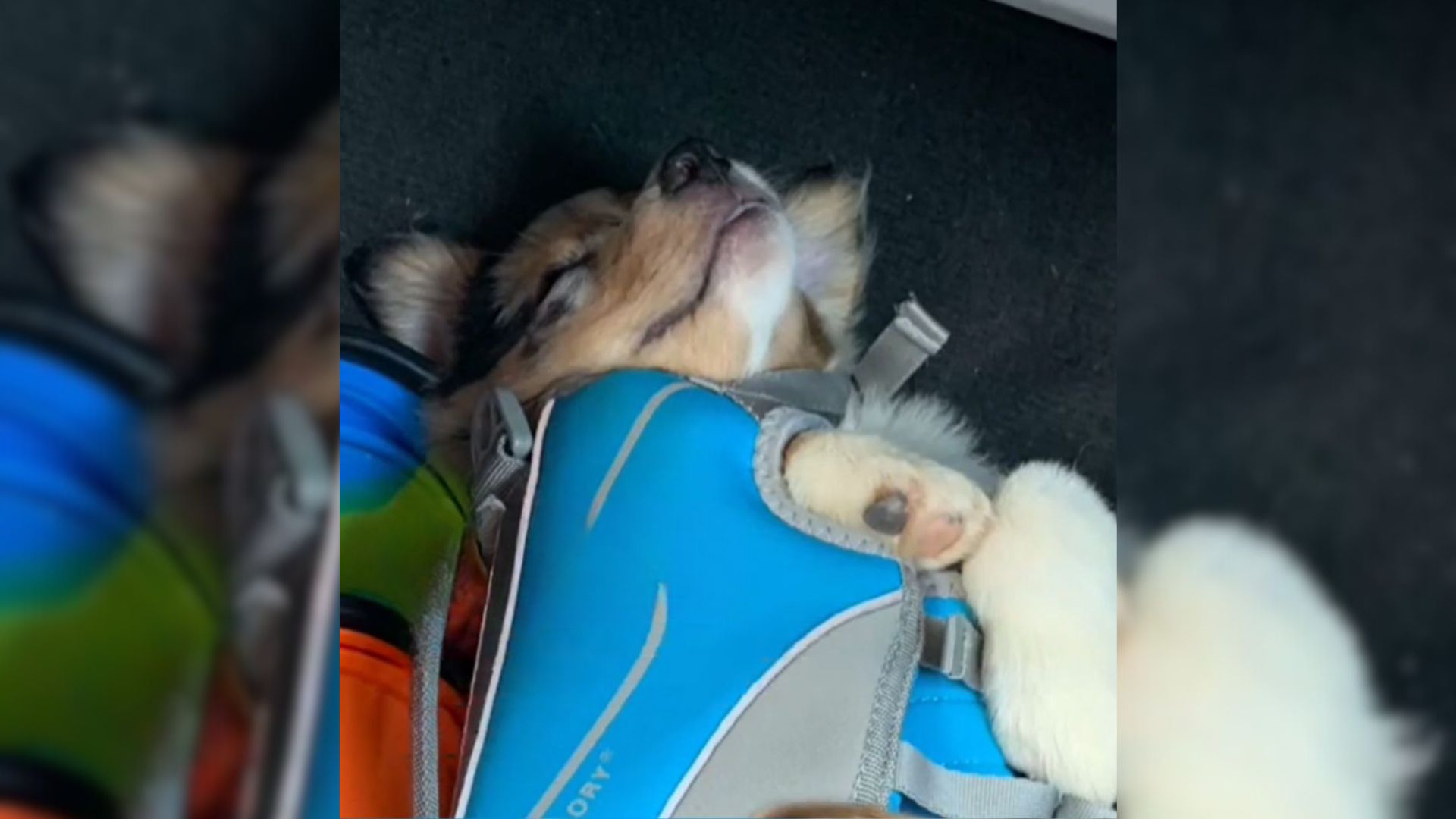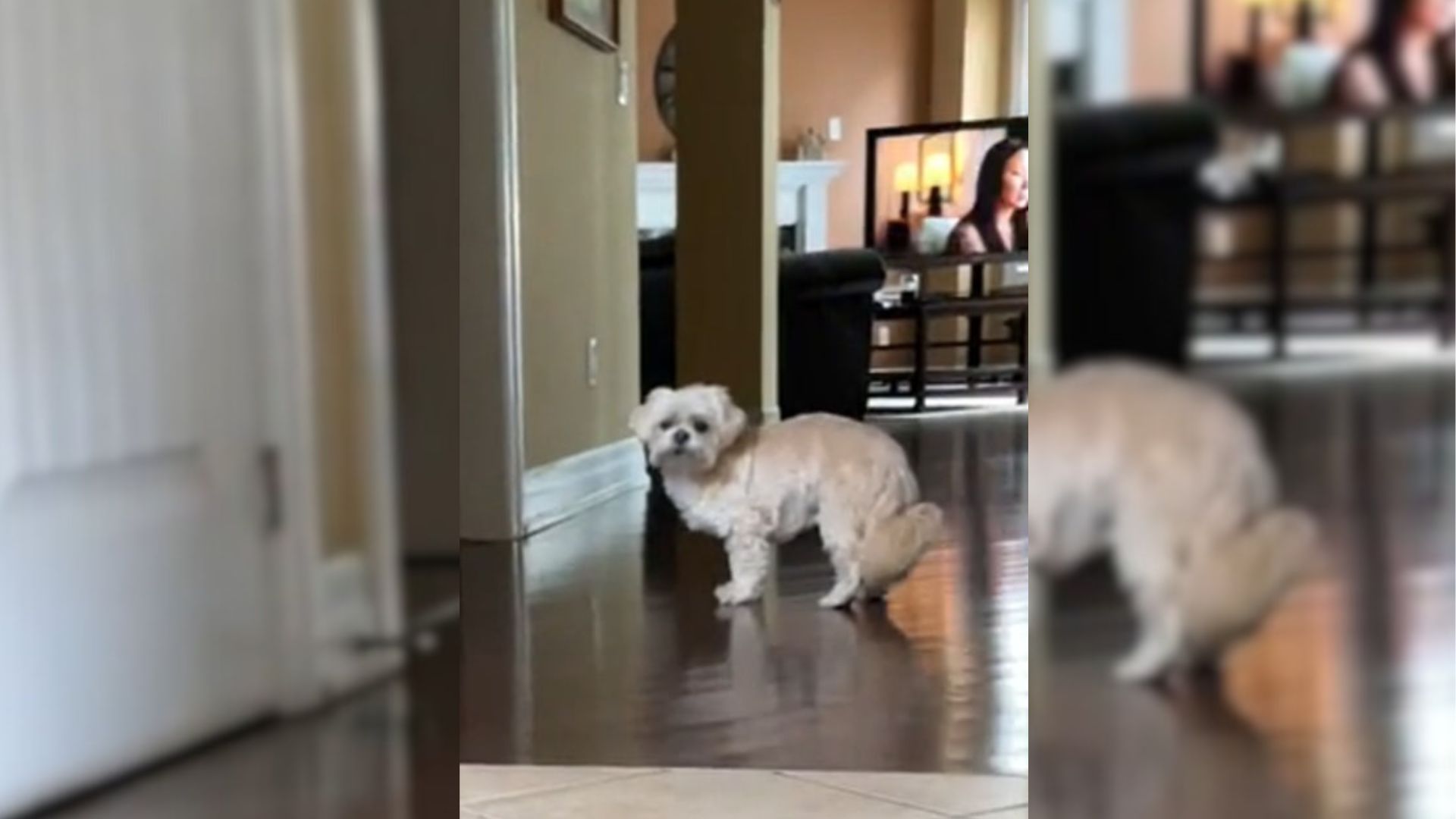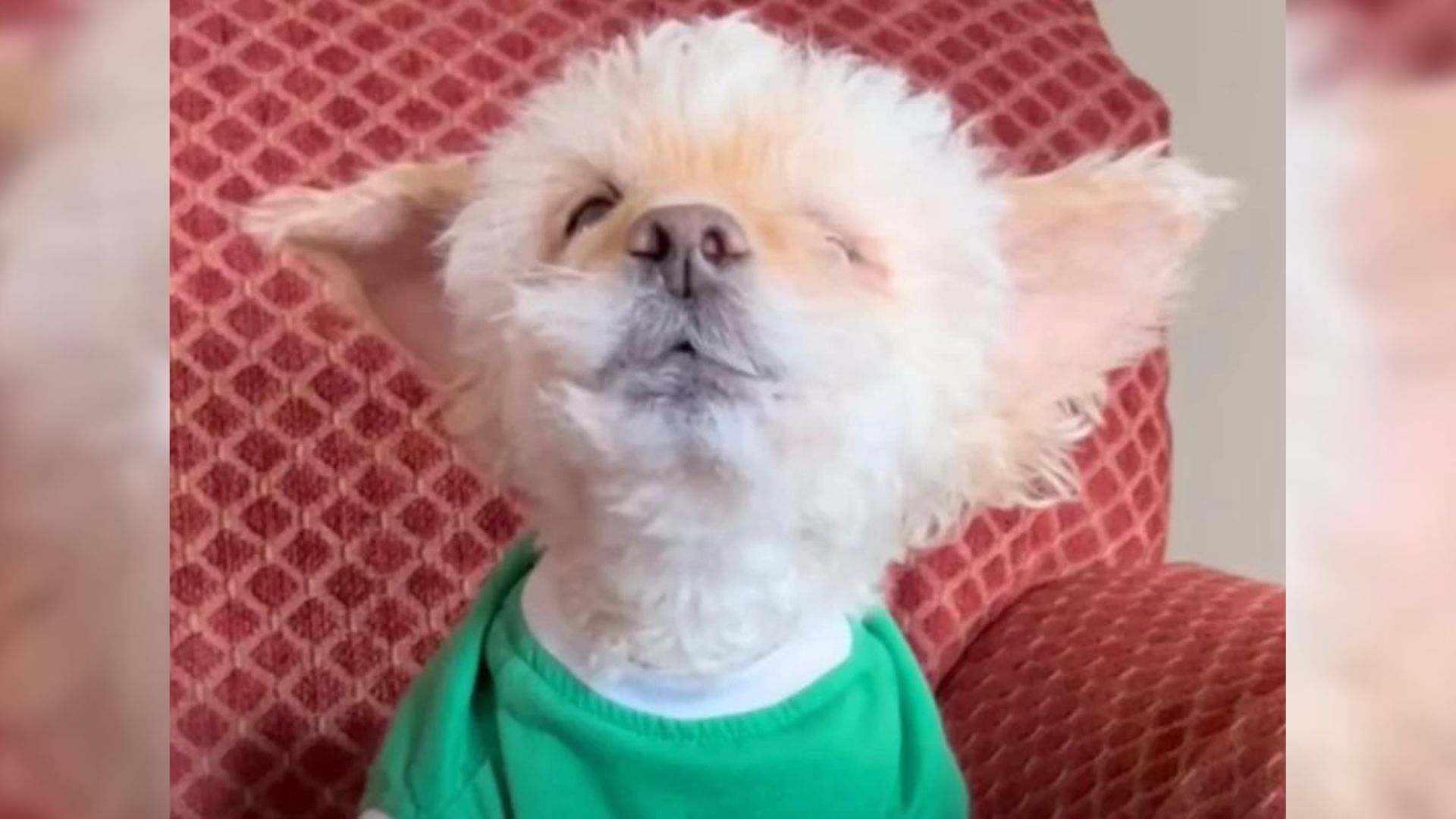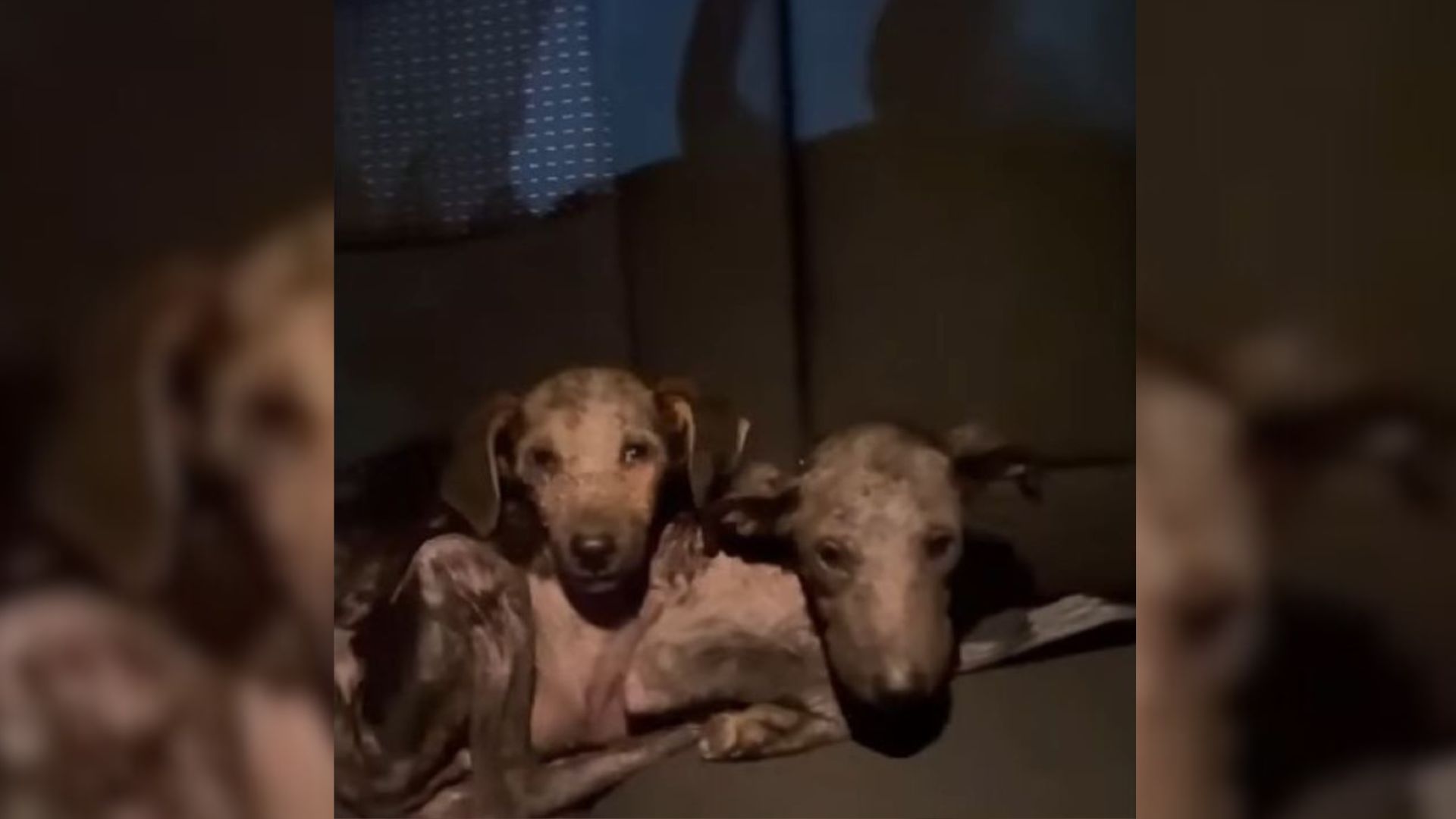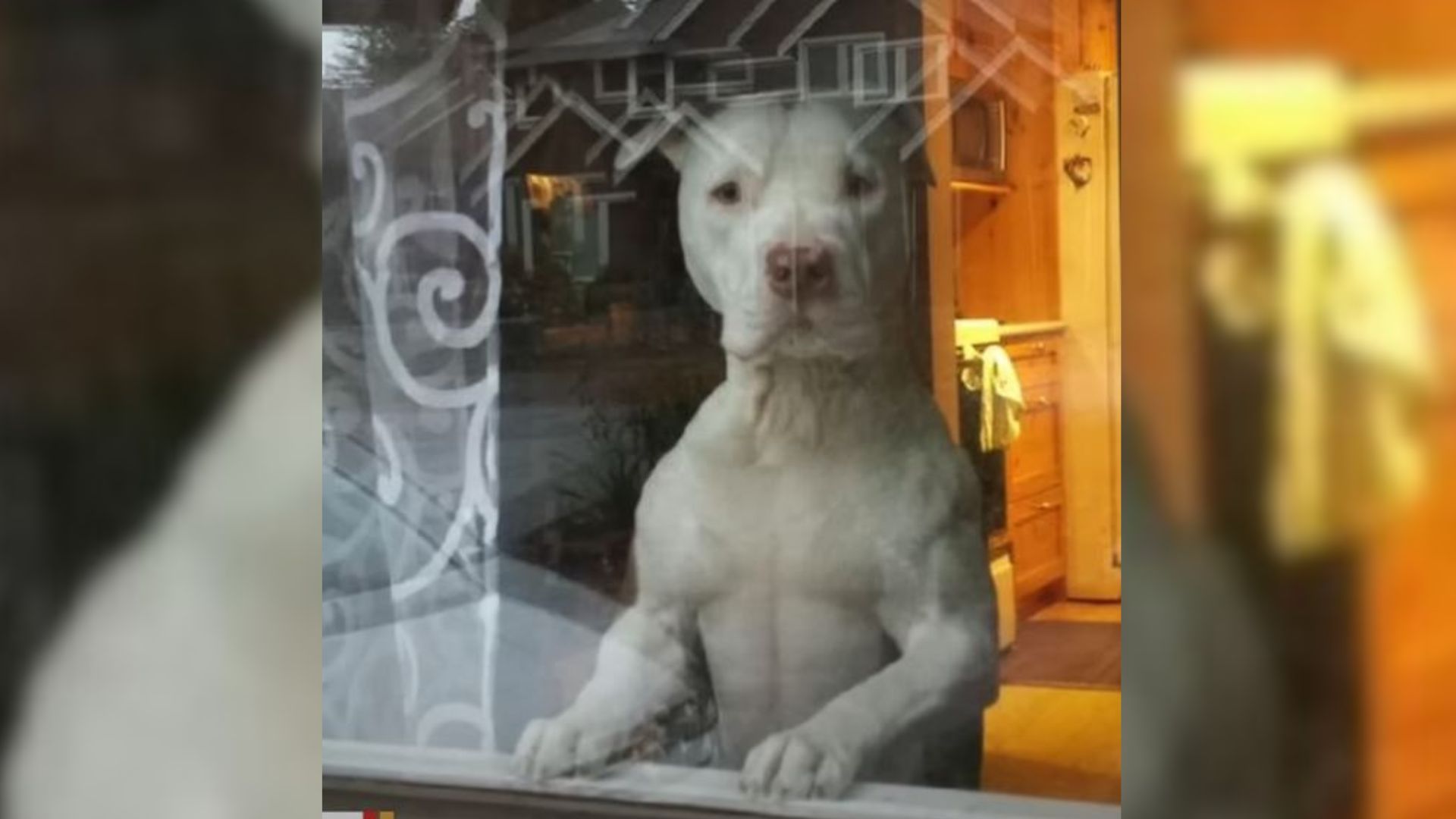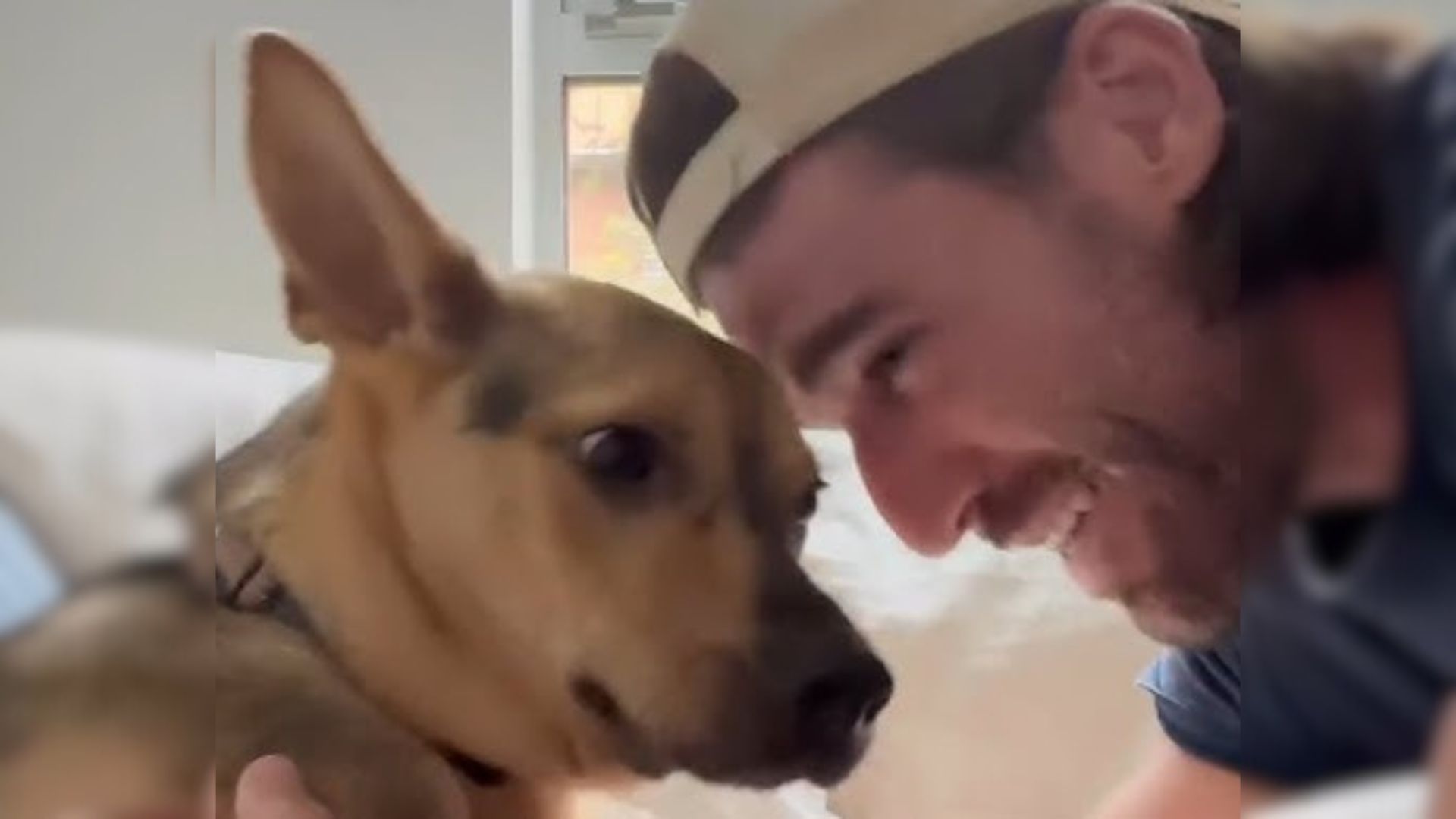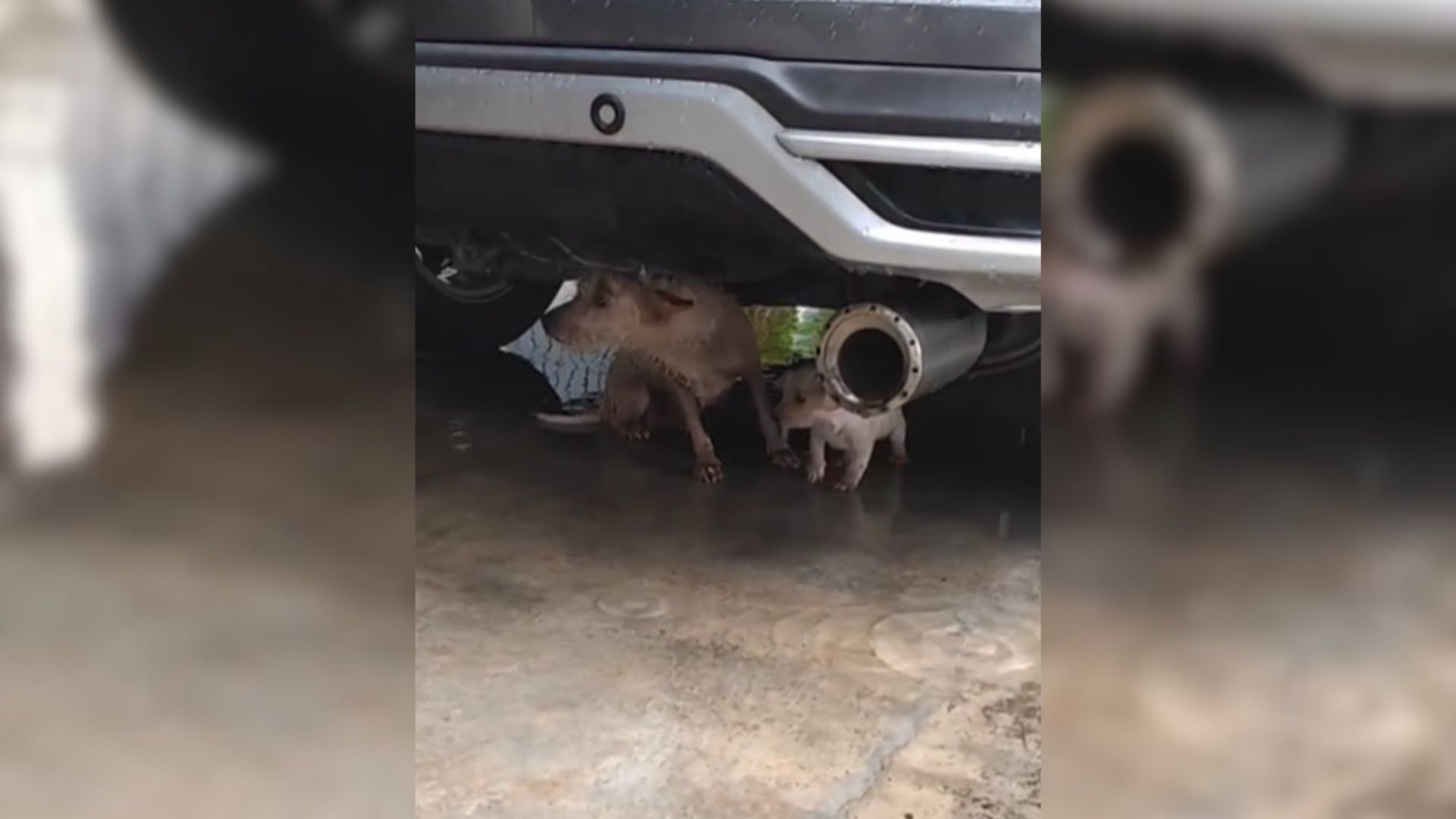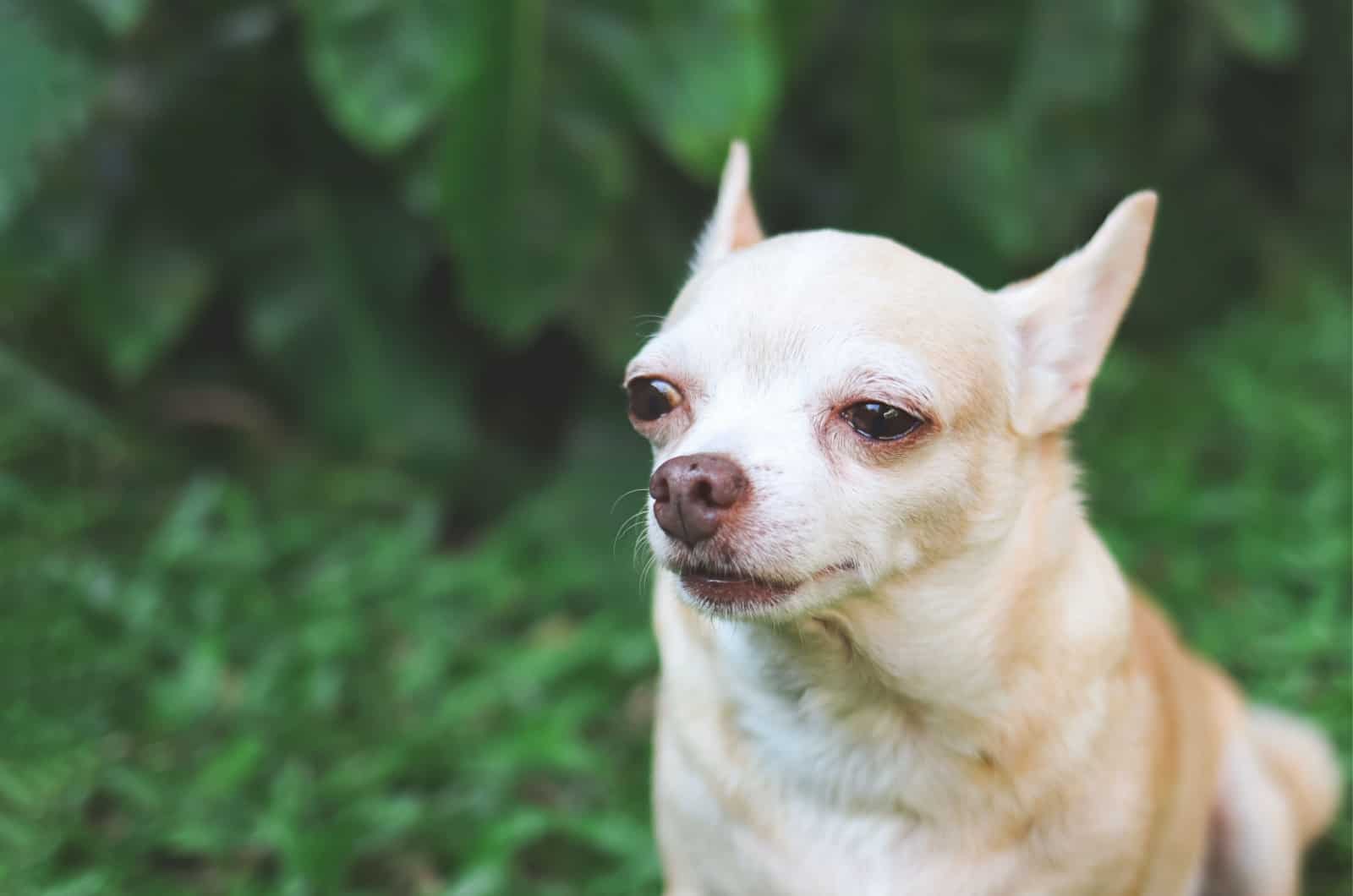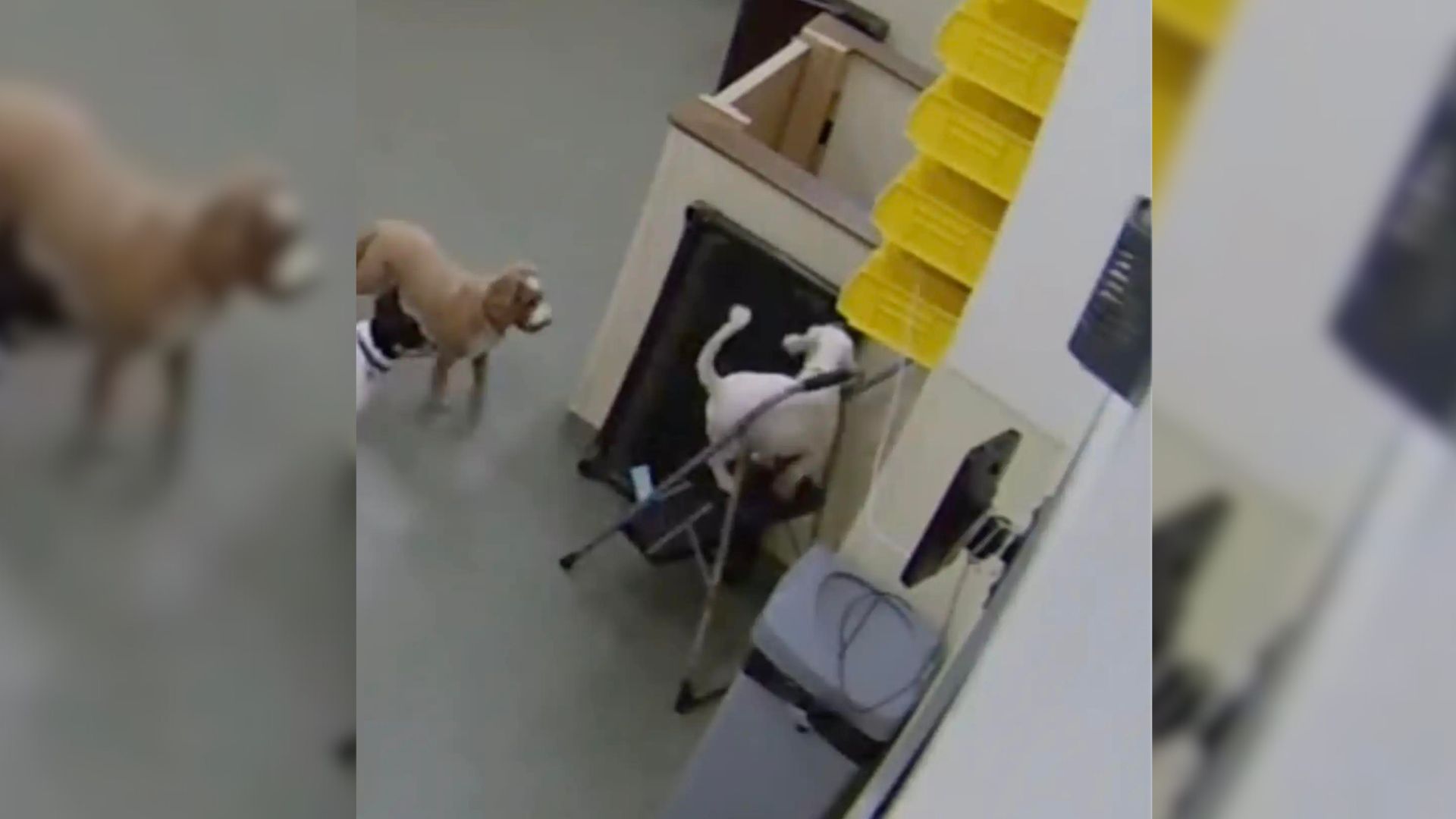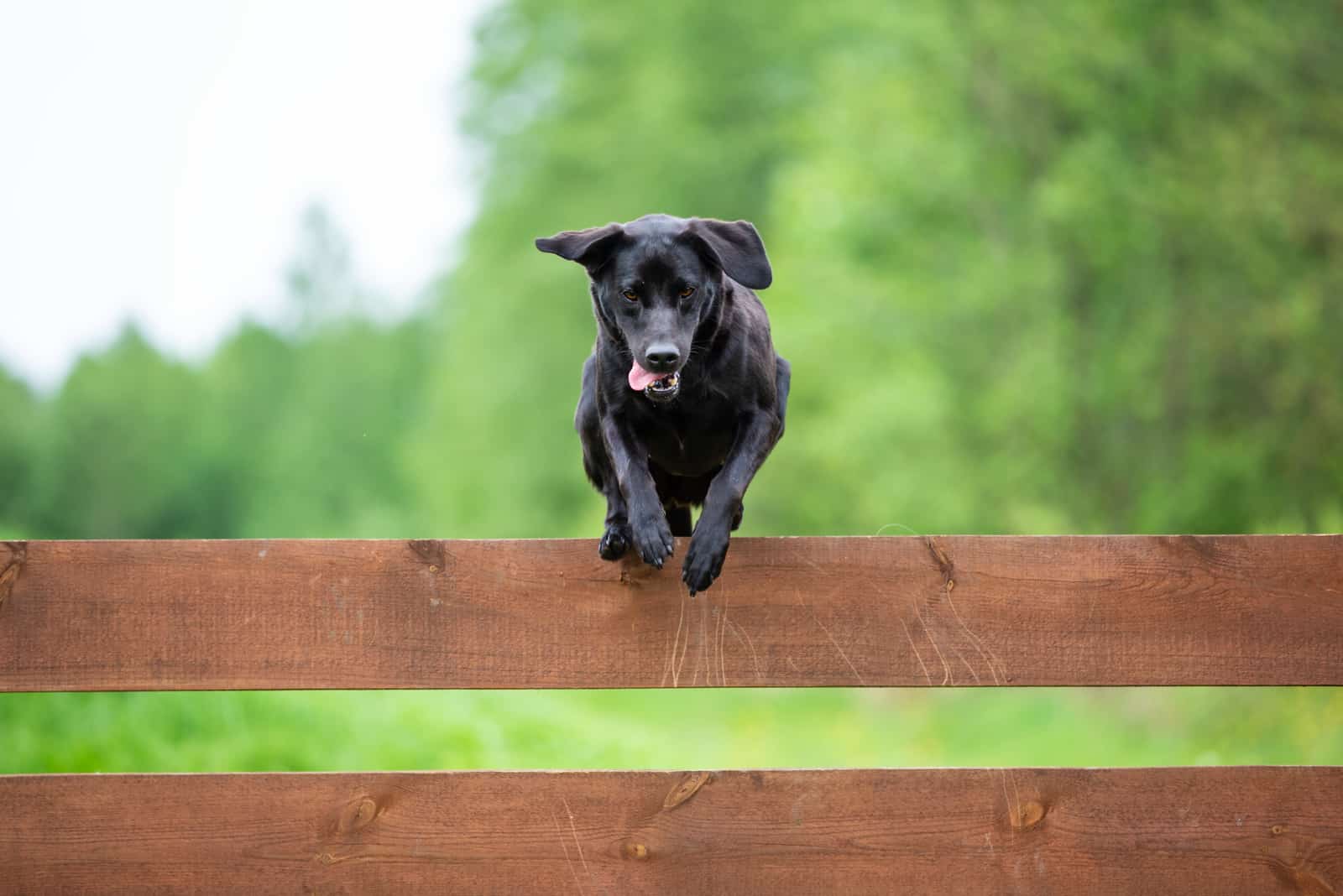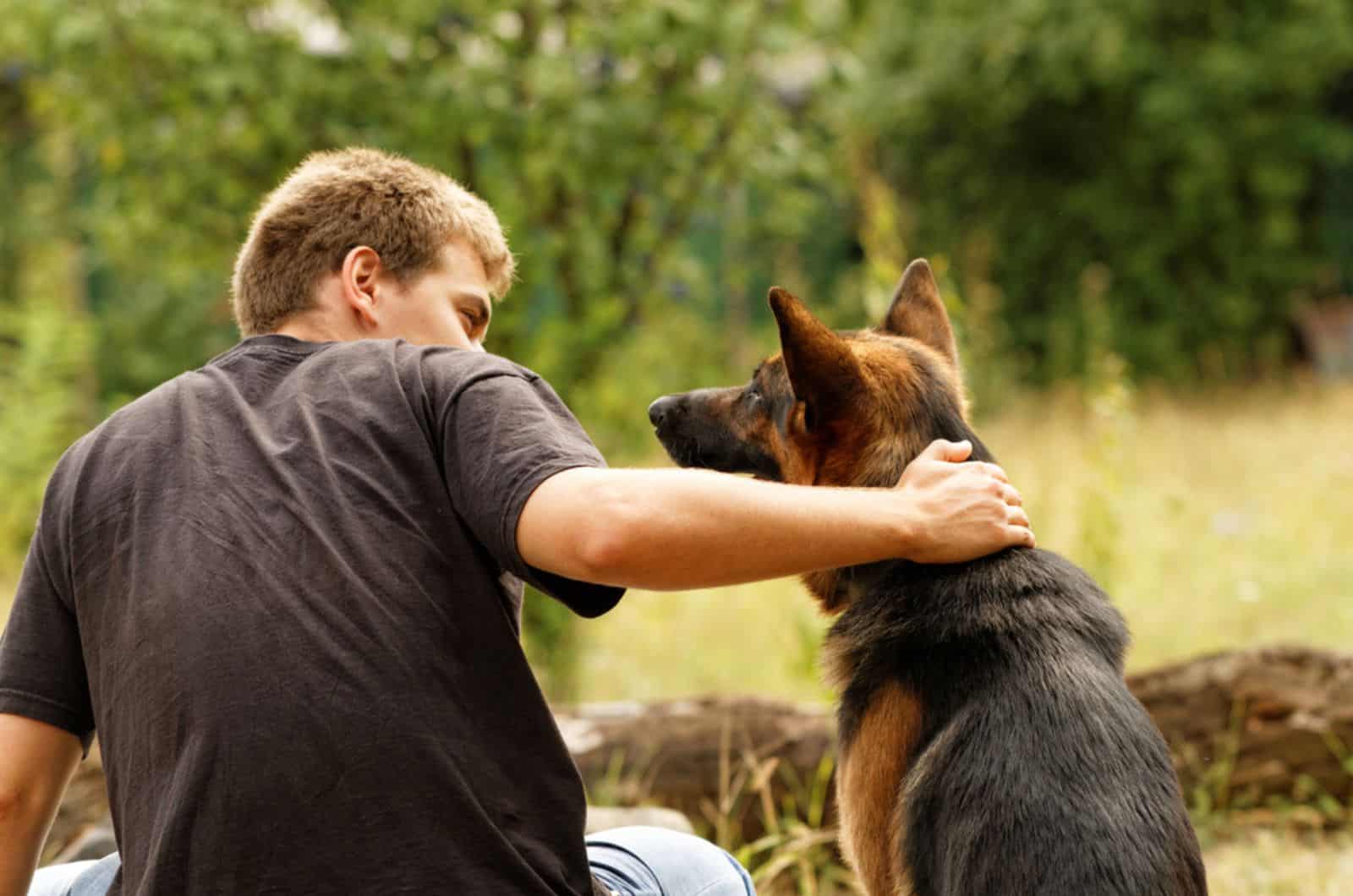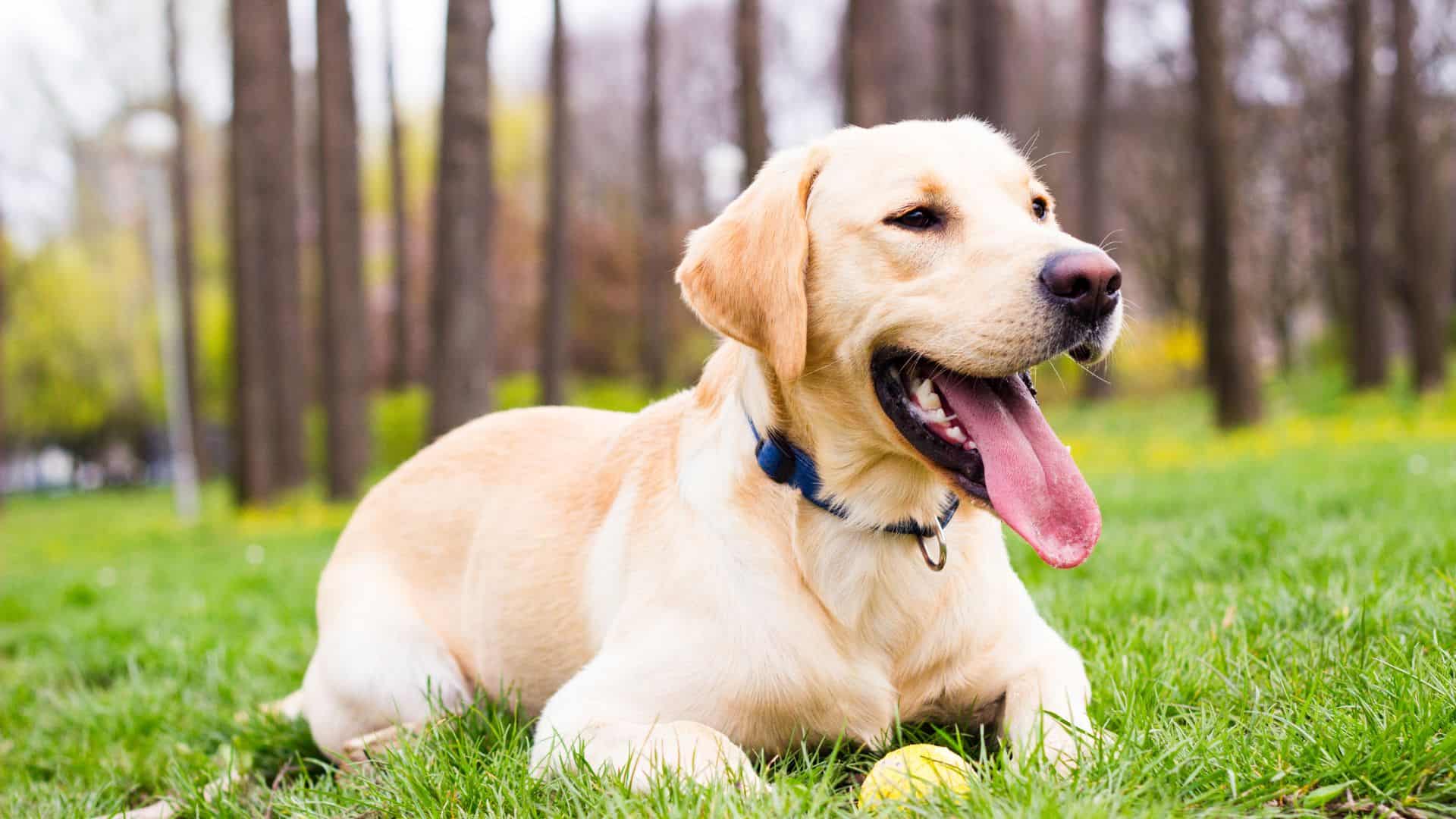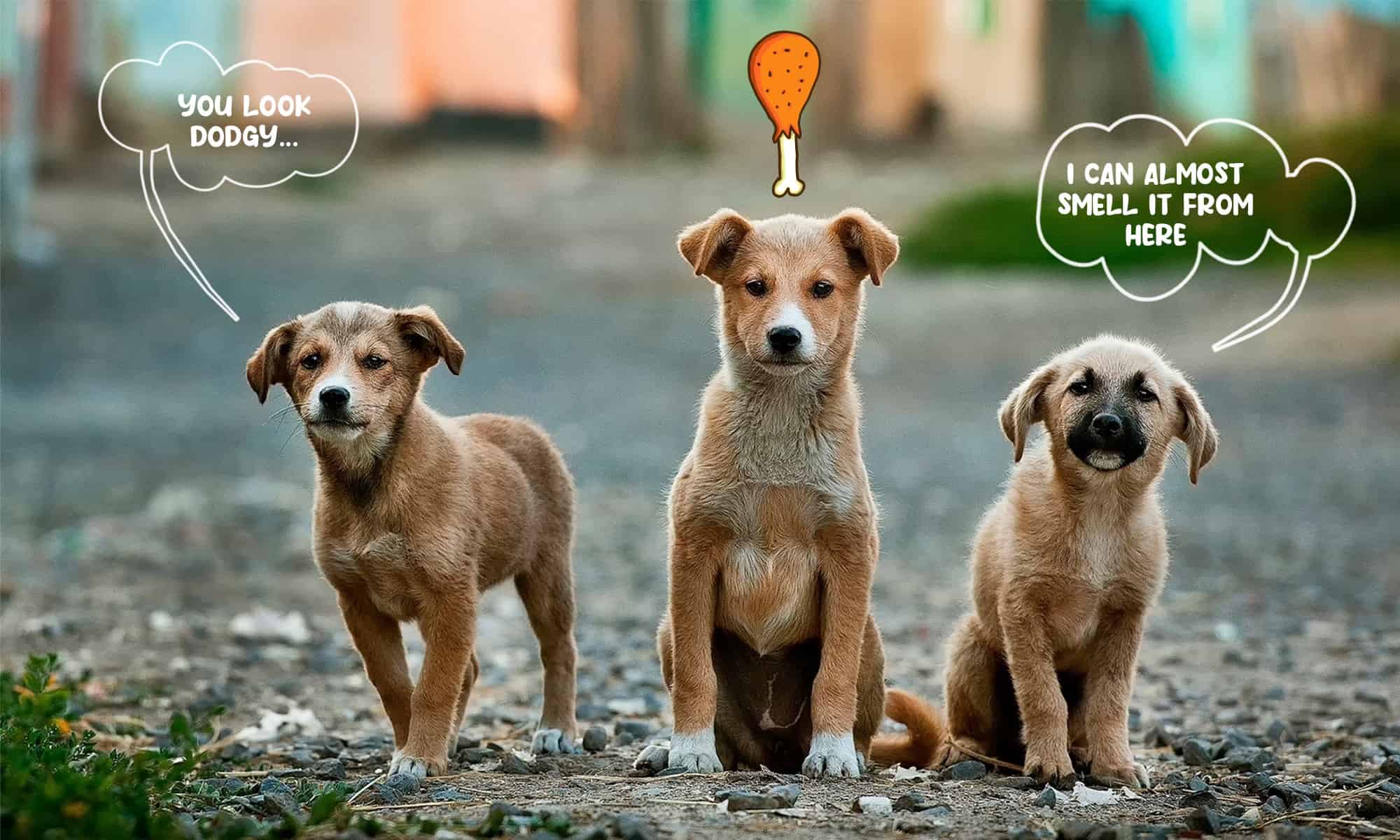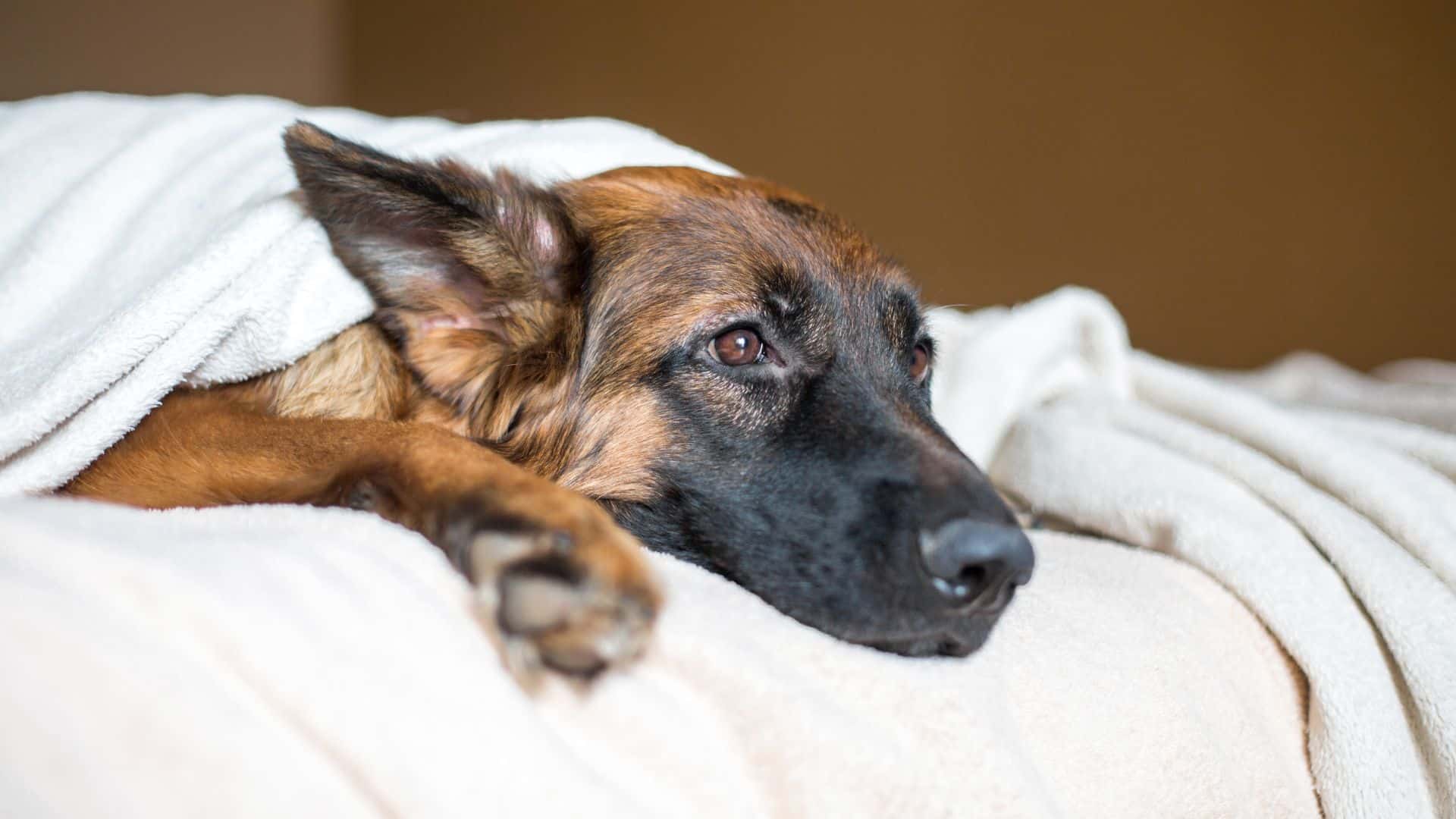There’s one question that most husky owners ask at some point, and that’s, why is my husky howling so much?
Without giving away too much too soon, there’s a big clue in their appearance: they look very much like their wolf ancestors.
However, there’s more to the problem of howling than genetics. We’ll take the time to answer the main question in full, give an overview of this beautiful breed, and offer some helpful advice on how to solve the problem.
First, we’ll provide a bit of background information on the husky.
When you mention this breed, most people will immediately imagine teams of dogs pulling sleds over a landscape of snow and ice.
They’re experts at it, eager to get going, straining at the reins as they streak across the snow. And there’s a reason why they are so good at it.
Recent research shows that this activity has been taking place for at least 10,000 years, maybe even 15,000!
All modern sled dogs (as well as Alaskan malamutes) are descended from Siberian huskies, which themselves share DNA with the Siberian wolf, dating back to around 33,000 years ago.
Although they’ve been domesticated, this close genetic link with wolves means that they retain many wolf-like instincts, including that famous howl!
You might have seen the compilations on YouTube, TikTok, and elsewhere, showing huskies howling.
These cute dogs raise their heads and prick up their ears, encouraged by their owners who set them off using a piano, keyboard, harmonica, or whatever.
Yes, it’s amusing, and these beautiful snow dogs are amazing pets. But howling can quickly become a nuisance, and excessive howling can cause friction among neighbors. So why do they do it, and what can be done to stop them?
Why Do Huskies Howl?
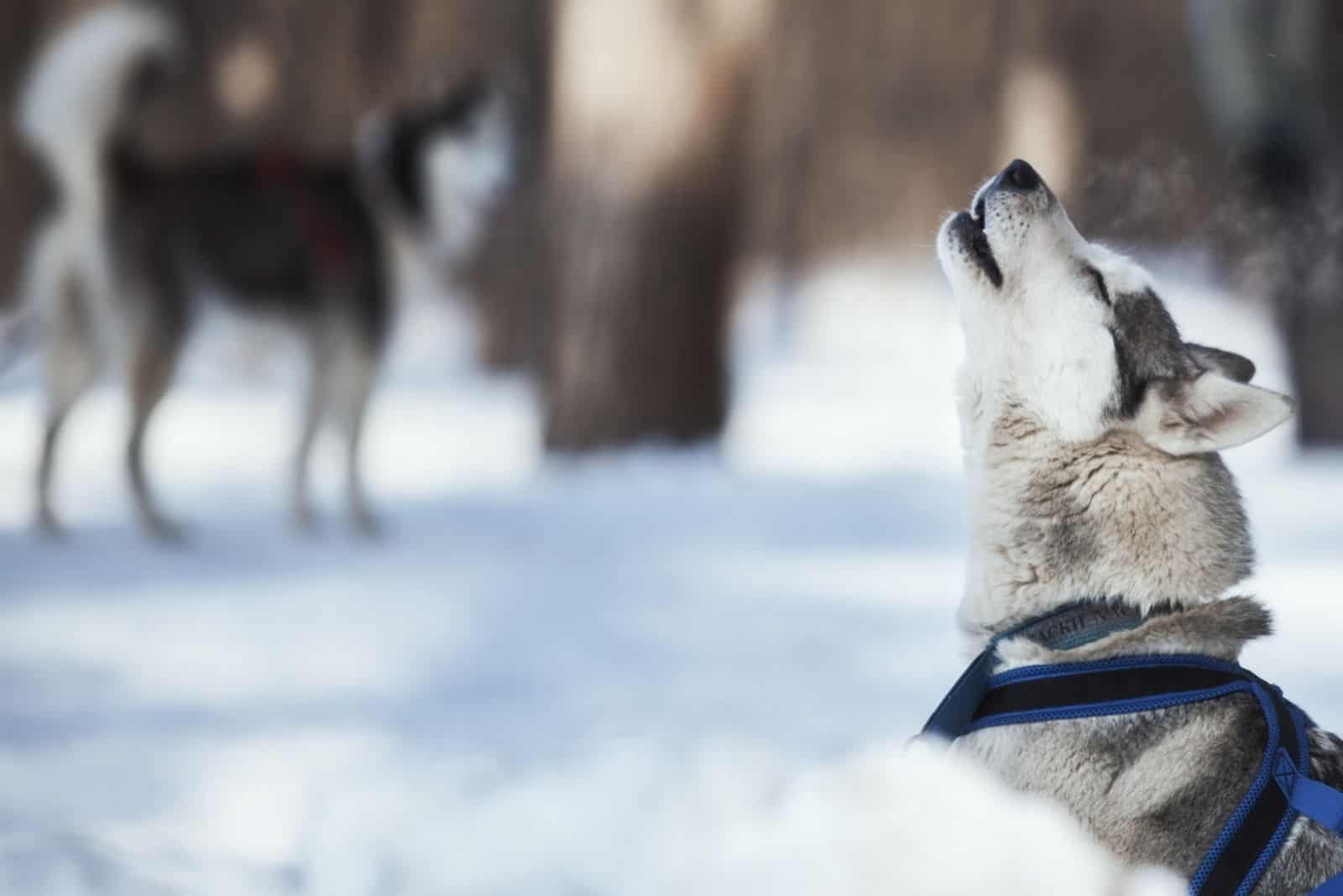
Basically, it’s for communicating. Imagine yourself lost in the woods. You know that help is nearby, so you shout. Short, sharp words are hard to follow, so you stretch it out, making it easier for rescuers to home in.
Similarly, howling is a natural form of communication buried deep within dogs’ genes. When separated from the pack, wolves will howl to let others know where they are, as the sound carries better than short barks.
Howling doesn’t echo as much as barking does, and the pack will instinctively reply, allowing the isolated wolf to locate them easily.
So, huskies howl as a form of communication.
We know what you’re thinking: But, they’re not lost in the woods or the Arctic or Siberian wastelands, so why is my husky howling?
Nearly all dogs howl (or at least try to!), but Huskies are more closely related to their wolf ancestors than most other dog breeds.
Dogs can’t speak to us, so they express themselves the only way they know how to, and that’s through barking, growling, whining, and howling.
With huskies, the instinct to howl runs far deeper and can be triggered by several things, which we’ll look at in turn.
What Does It Mean When Huskies Howl?
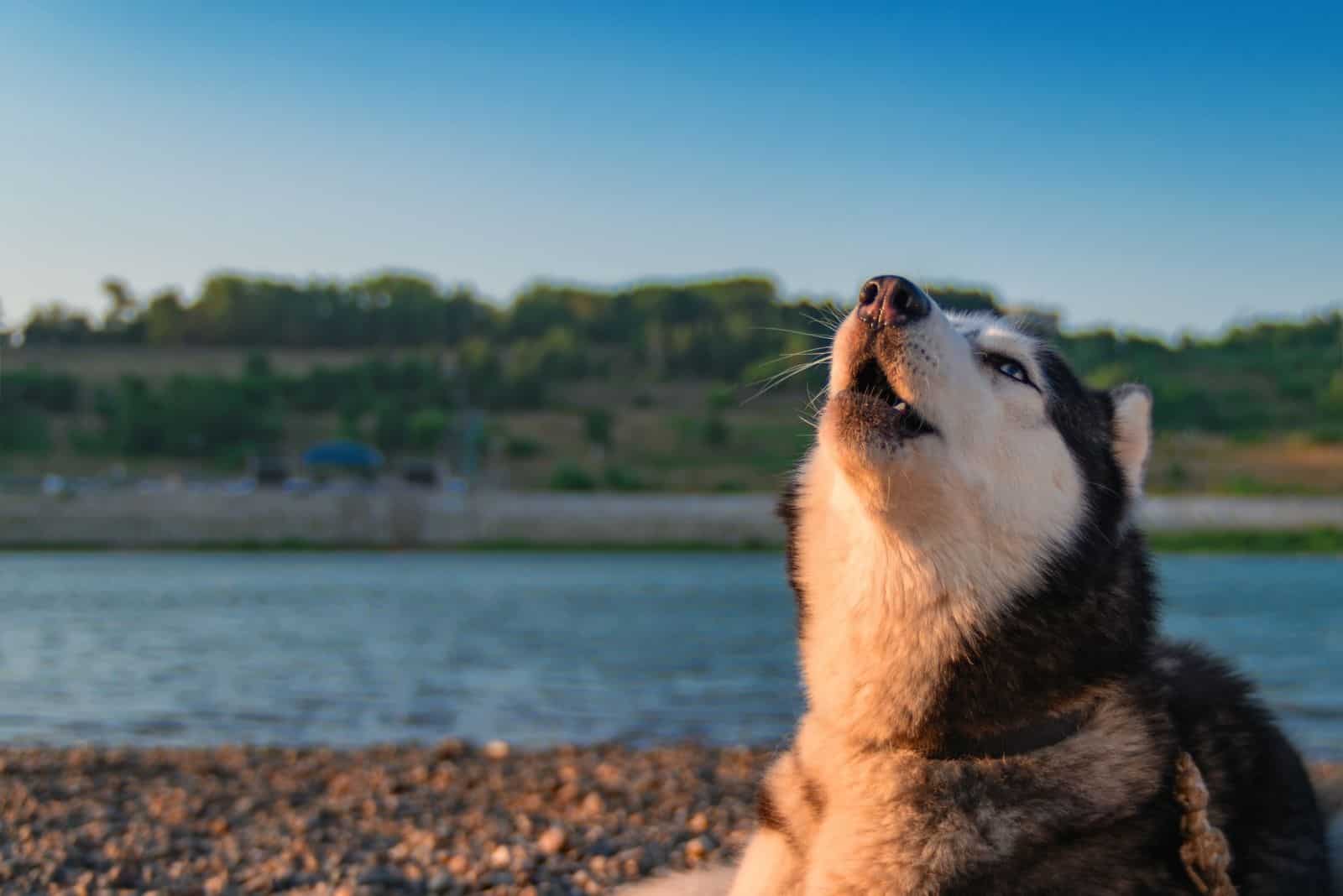
It’s difficult to ascribe meaning to a lot of animal sounds. Experts have managed to crack the code in some cases, but the actual meaning of those dog howls has eluded them so far.
The problem is that we are seeing (or hearing) it from our own perspective. We understand sounds differently. For example, think of music, which to us can sound happy, sad, dramatic, scary, and so on.
When you hear a wolf howling, it can send shivers down your spine. To many, it might sound mournful and bleak.
This may be because of some primal instinct within us that wakes the fight or flight reaction. To others, it’s a majestic, powerful sound that links us to a long-forgotten past, where we lived more harmoniously with our environment.
Our interpretation may have more to do with sociological and cultural influence, as we’ve been primed to think one way or another through stories and movies.
However, to the wolves themselves, this could be a happy sound, signaling the return of a pack leader or a successful hunt.
It could be, as we mentioned already, a call to guide a lost wolf home. It may also be an alarm call, letting them know that a rival pack is approaching their territory.
These days, it’s highly unlikely (one would hope!) that your Siberian husky dog has been out on a hunt.
But that howl might just be a sign that they are happy, and they want to communicate that with you. Then again, they might howl when they are anxious, lonely, or sense danger.
It’s up to you to figure out which it is! The key to this is to watch their body language.
For example, if your husky starts to howl and has a rigid body, staring in a particular direction, then they probably sense danger.
On the other hand, if they have a bit of a wiggle going on and are howling in a sort of whoo-whoo manner, then they’re having fun.
How To Stop A Husky From Howling When Left Alone
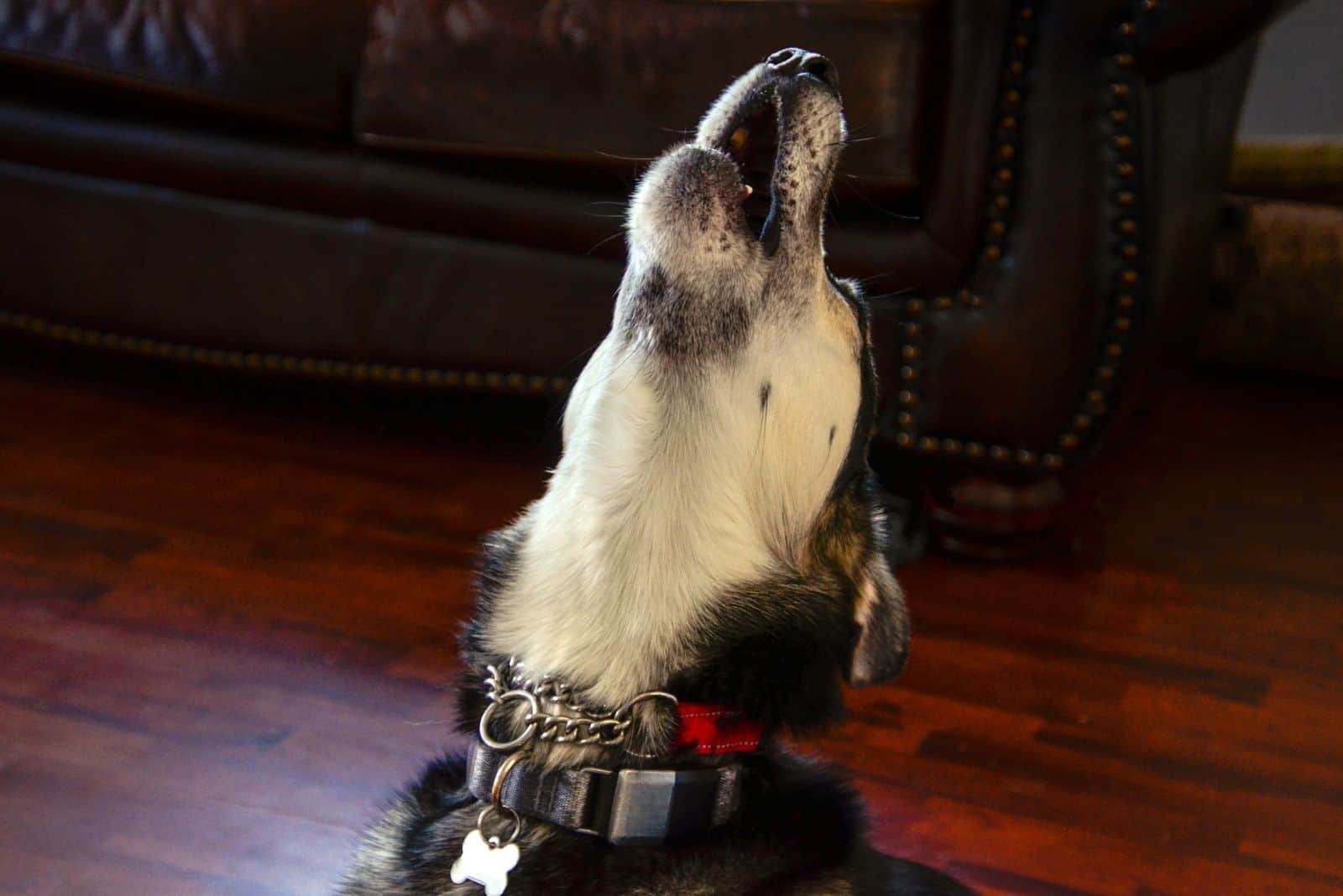
Most dog owners will have heard their dog howling at some point. This often happens when the dog has been left home alone or thinks it has been. It’s a heartbreaking sound, and there’s no doubt that the dog is unhappy.
The simple truth is that your dog misses you. Some breeds can cope better with isolation, others not so much.
Centuries of breeding have created a more domesticated breed with closer ties to humans. While this is great for making companion dogs that are great family pets, it has increased the chances of separation anxiety.
Opinions vary as to how long a dog should be left alone, but the consensus is that it should ideally be no more than four hours. Some say eight hours, but this depends on the breed and is considered too high for most of our furry friends.
Without proper training, there’s a good chance that a dog will become anxious, bored, and frustrated.
And unless they have access to somewhere to go to the bathroom, they can’t really be expected to wait all those hours. Howling might be the least of your problems.
It’s also a good idea to contain them within a particular area in the house. If they do become destructive, you’ll be able to limit the devastation! A dog crate is ideal, or you could use stair-gates or simply keep doors closed.
The first step in stopping your husky howling when left alone is to try to limit that time to a minimum. If possible, get someone to drop by and make a fuss of them.
Obviously, this has to be someone the dog is familiar with! You could consider a dog sitter or professional dog walker if you plan on being out for a while.
The trick is to keep them entertained. Leave a few toys about the place, especially ones that dispense dog treats, such as a KONG.
The dog will begin to associate your absence with the fact that they’ll be getting a treat, and the toy will keep them amused for a while.
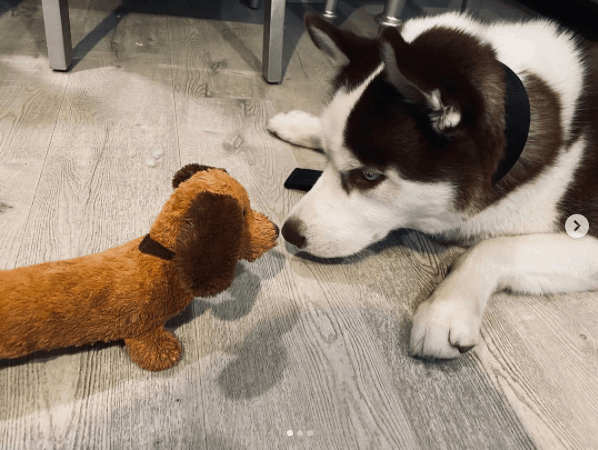
Photo from @siberian_leo_2020_
Before leaving, take your husky for a walk. Let them have a good run about so they tire themselves out. They’ll probably need to have a nap while you’re out, which means that they won’t be anxious or upset.
Leaving a television or radio on as background noise can give the impression that someone is home. You can even get CDs or stream music devoted to keeping dogs calm.
Huskies are pretty smart, and they soon recognize the signs when you’re getting ready to leave. To be fair, most dogs do this, particularly when you have a routine.
You get up at a certain time, grab your coat, pick up the car keys. Your dog’s ears prick up, and the tail starts to wag. If it’s time for a walk, then all well and good. You put the leash on them, and everyone’s happy.
However, when you aim to leave without them, they crowd around you and make a fuss. Huskies may well start howling already. They don’t want you to go.
The worst thing you can do is to prolong that fuss. If you pet them and cuddle them, you only heighten that sense of loneliness when you’re gone.
Try to make it as fuss-free as possible before you leave; make it seem normal. Pick up your keys at random times and put them back again.
Get your coat and just keep it on rather than heading out the door. It’s a process of desensitization that could ease the problem and stop your husky from howling.
If you need a hand with this, then animal behaviorists and vets can offer further advice. They may be able to recommend something like a pheromone spray that helps to calm your dog down.
Finally, puppies should never be left alone all day!
At What Age Do Huskies Start Howling?
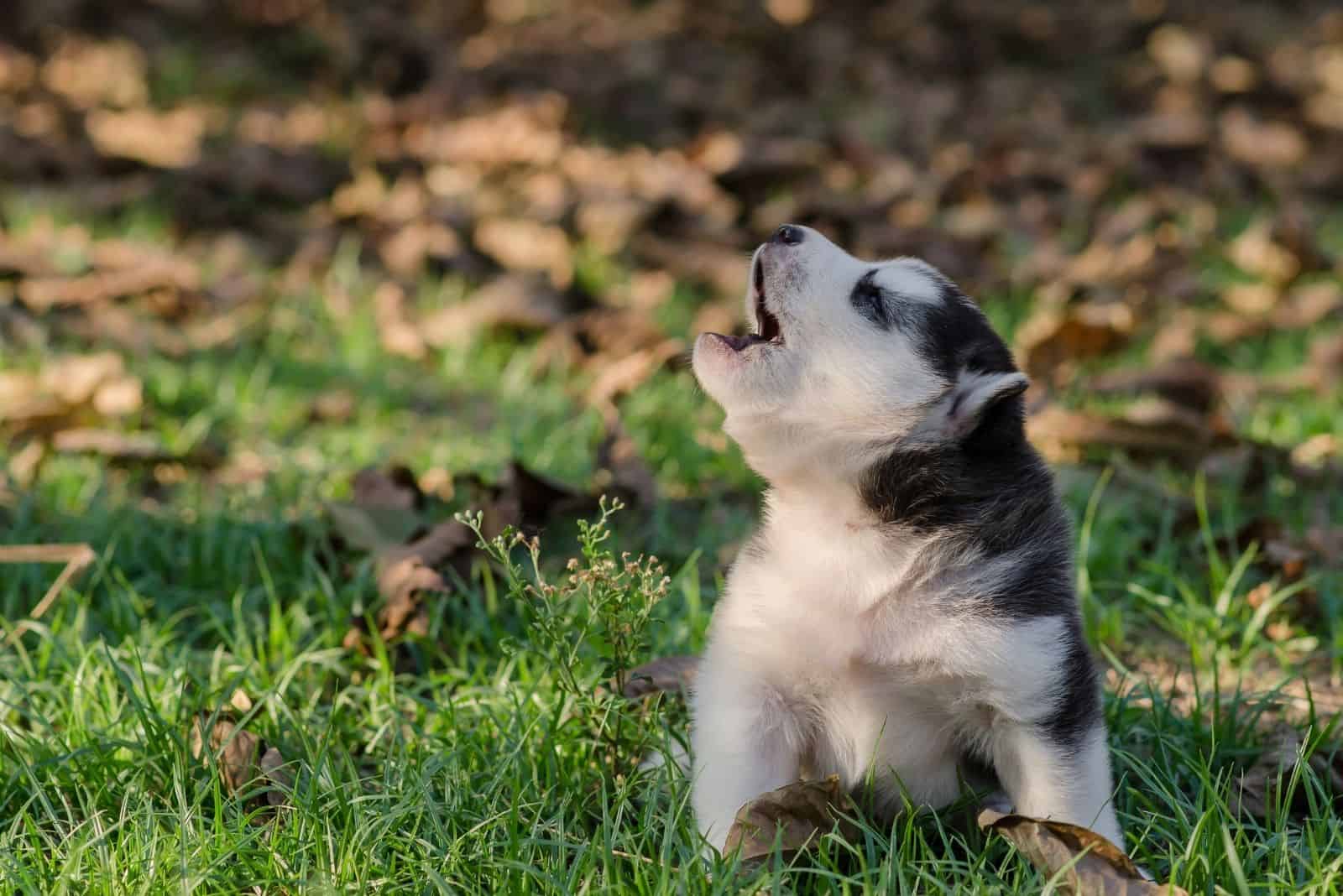
Speaking of puppies, the Siberian husky puppy will usually start to howl from around 6–7 months of age. Each dog is different, so there will be some variation.
Some are more inclined towards this behavior and will try to howl when they’re only 3 or 4 months old. It’s cute when you hear them try it for the first time, but it isn’t really howling.
They’re just experimenting and trying out their voice!
Husky Puppies Howling
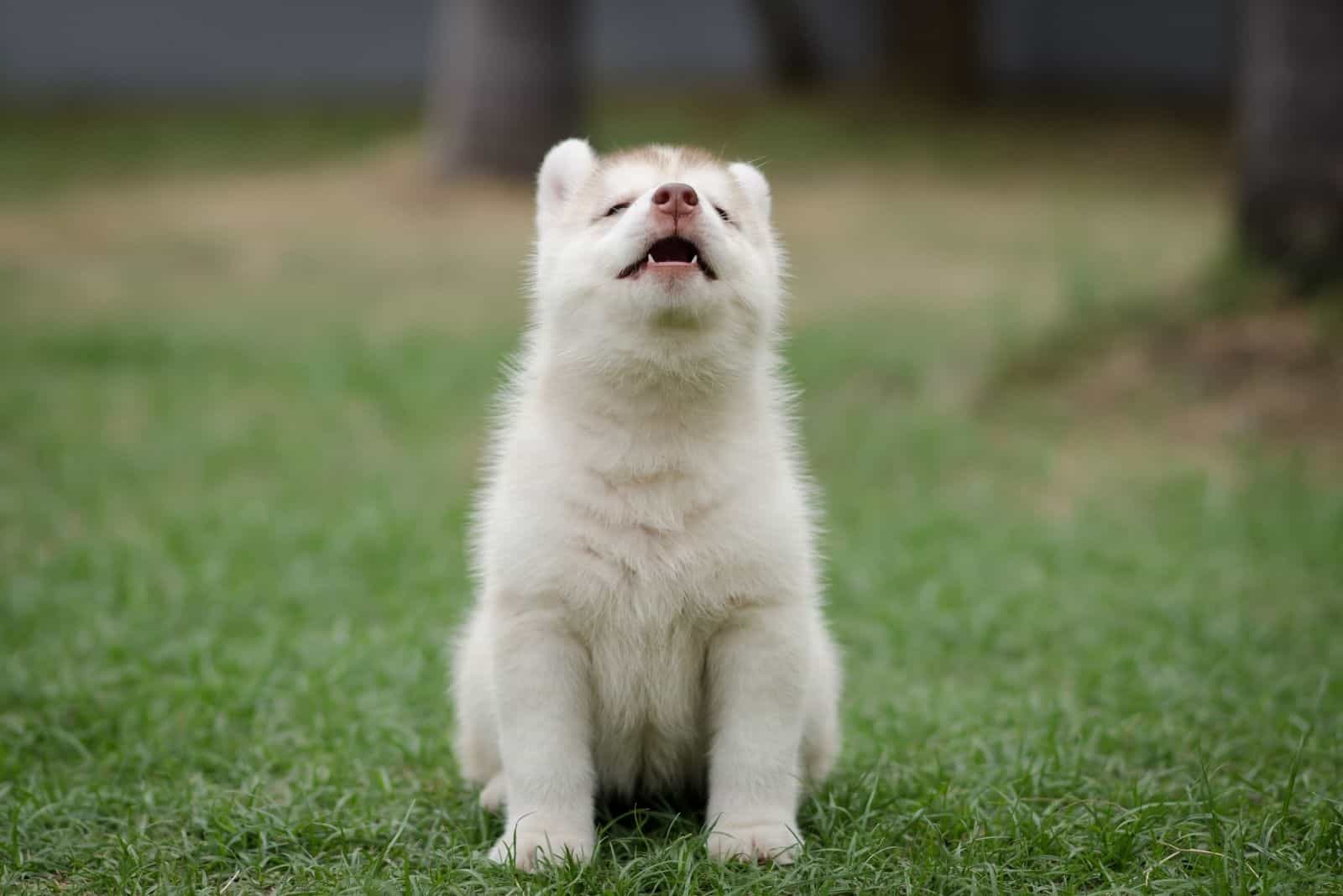
Pups raised around other huskies will probably be more likely to howl, whereas those raised in isolation or with other dog breeds might be less inclined.
This is a good time to start dog training that will shape their behavior as adults. If you want to limit excessive howling, this is the best place to begin.
You won’t stop husky puppies from howling completely – and you probably won’t want to – but if you can train them to understand that howling isn’t something they should do all the time, then your life will be a lot easier!
How To Stop A Husky Puppy From Howling At Night
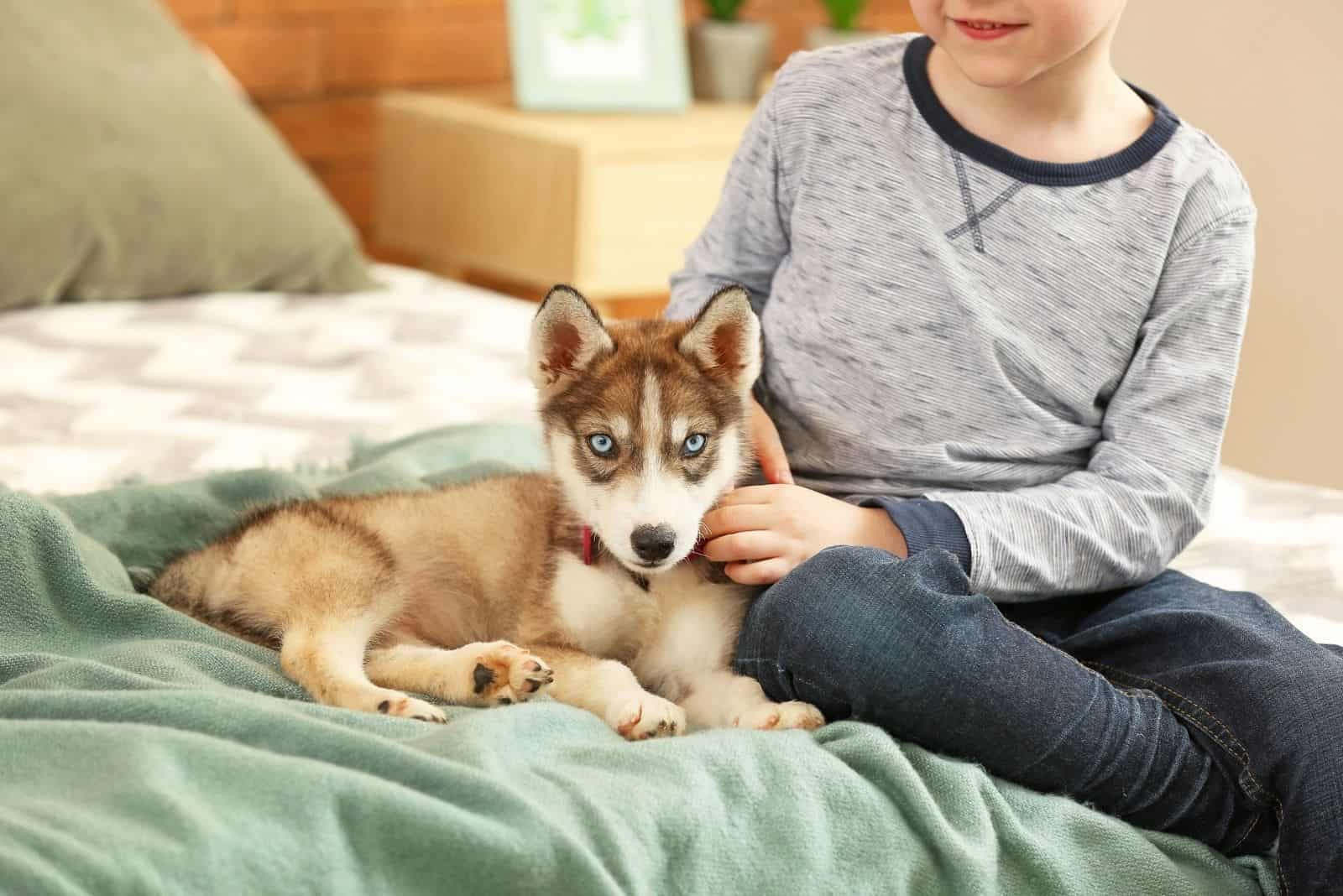
A husky puppy howling at night is just the saddest sound. It’s usually a cry for attention. You went and left them all alone in the dark, and they’re wondering why you abandoned them!
Of course, they might be telling you that they need the bathroom. They might also have heard a noise that triggered their howling instinct.
Whatever the reason, you need to discourage it, as it could become an annoying habit. Husky howling, however cute it can be, is unwelcome at 3 am!
Here are some remedies that you could try:
• Keep them with you – move the crate or bed close to yours. They will feel happier to be near you and might stop complaining.
• Tire them out! – make sure they have had plenty of exercise, and stop them from taking a nap too soon before bedtime. They will then be more likely to sleep through.
• Don’t feed them too late – too much food and water late at night will give them a full stomach and bladder. They might then make a fuss as they will need to be let out to go the bathroom.
• Play soft music – soothing sounds can make a pup feel safe and secure and less prone to bugging you at night.
Is My Husky Howling At The Moon?
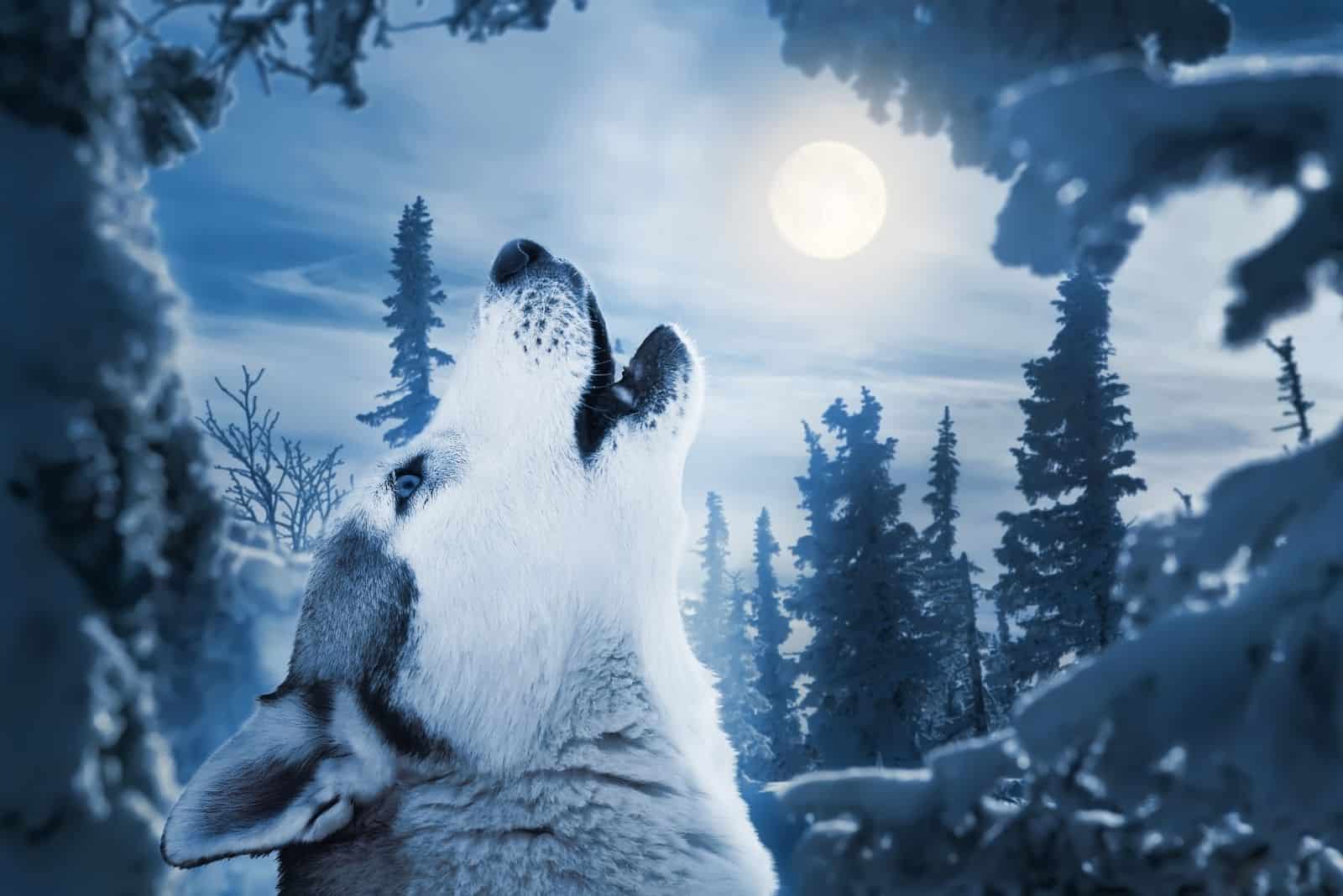
In all probability, no!
The image of a wolf howling at the moon is a strong one, bound up in ancient cultures, myths, and legends. Current thinking, however, claims that wolves will howl, whatever phase the moon might be.
Although there’s no denying that the moon does have a powerful influence on our planet’s wildlife, as well as our oceans (and even humans!), it seems that wolves aren’t actually howling directly at it.
What is more likely is that they howl at night, when the air is clear, and sound carries further. A full moon under clear skies offers better light for hunting.
While it might seem that your husky is copying his wolf ancestors by baying at the moon, it is probably a coincidence. She is just as likely to howl on any other night when the moon is in a different phase.
How To Get A Husky To Stop Howling
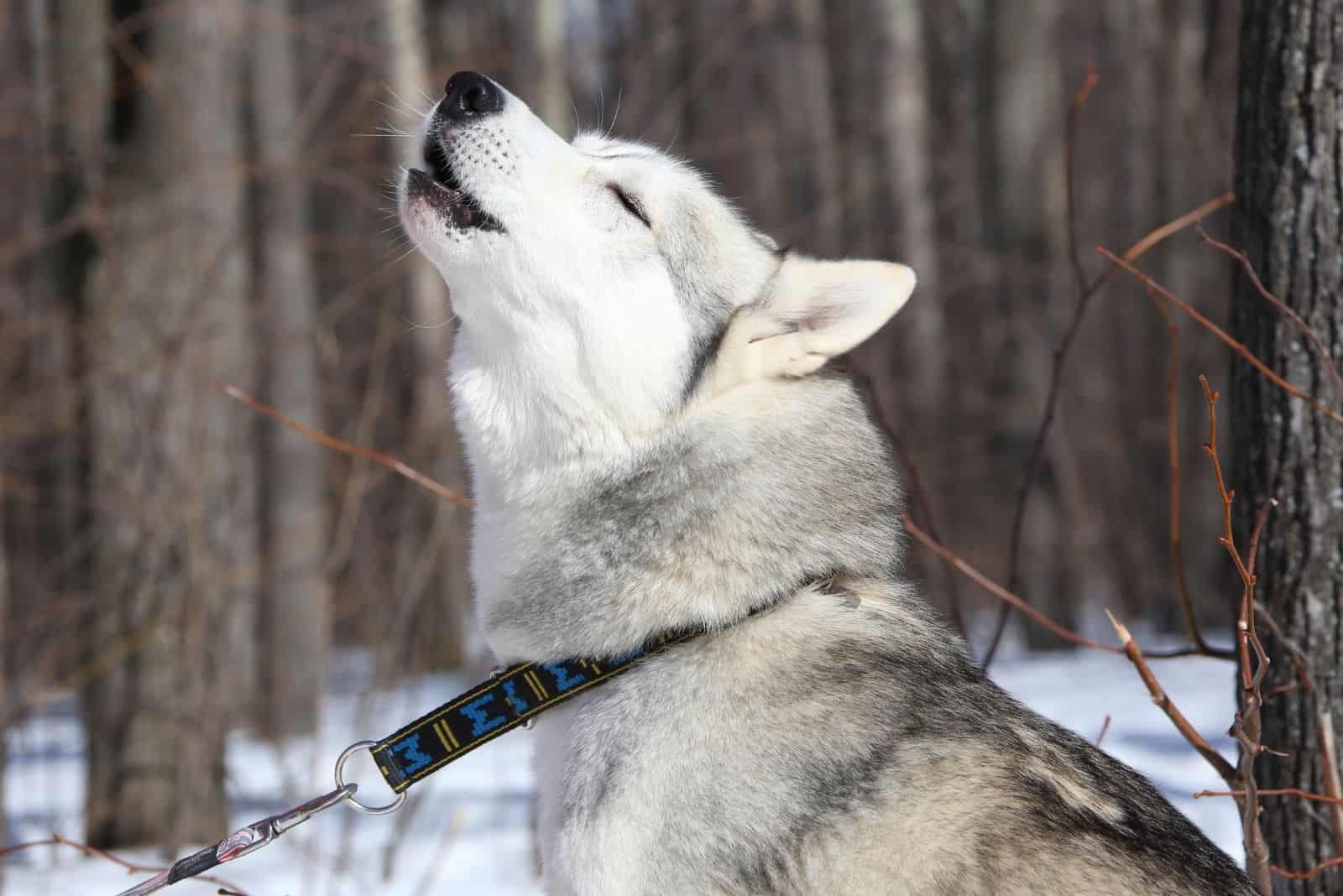
It all comes down to training.
Oddly enough, if you want them to stop howling, it’s a good idea to train them to howl on demand.
As counterintuitive as this seems, the dog will quickly learn that they will be rewarded for howling only when asked. This will encourage them to keep quiet otherwise.
There will probably be exceptions, as the instinct is deep in their genes. High-pitched sounds, such as sirens or crying babies, will set them off howling.
In some cases, there won’t be a lot that you can do to stop it. But training sessions will help cut this down considerably.
Your husky may howl because they’re happy to see you when you arrive home. Try to play this down and don’t make a fuss. Wait until they are calm, then reward them with a treat and a cuddle.
Positive reinforcement goes a very long way to moderating dog behavior.
Why Does My Husky Not Howl?
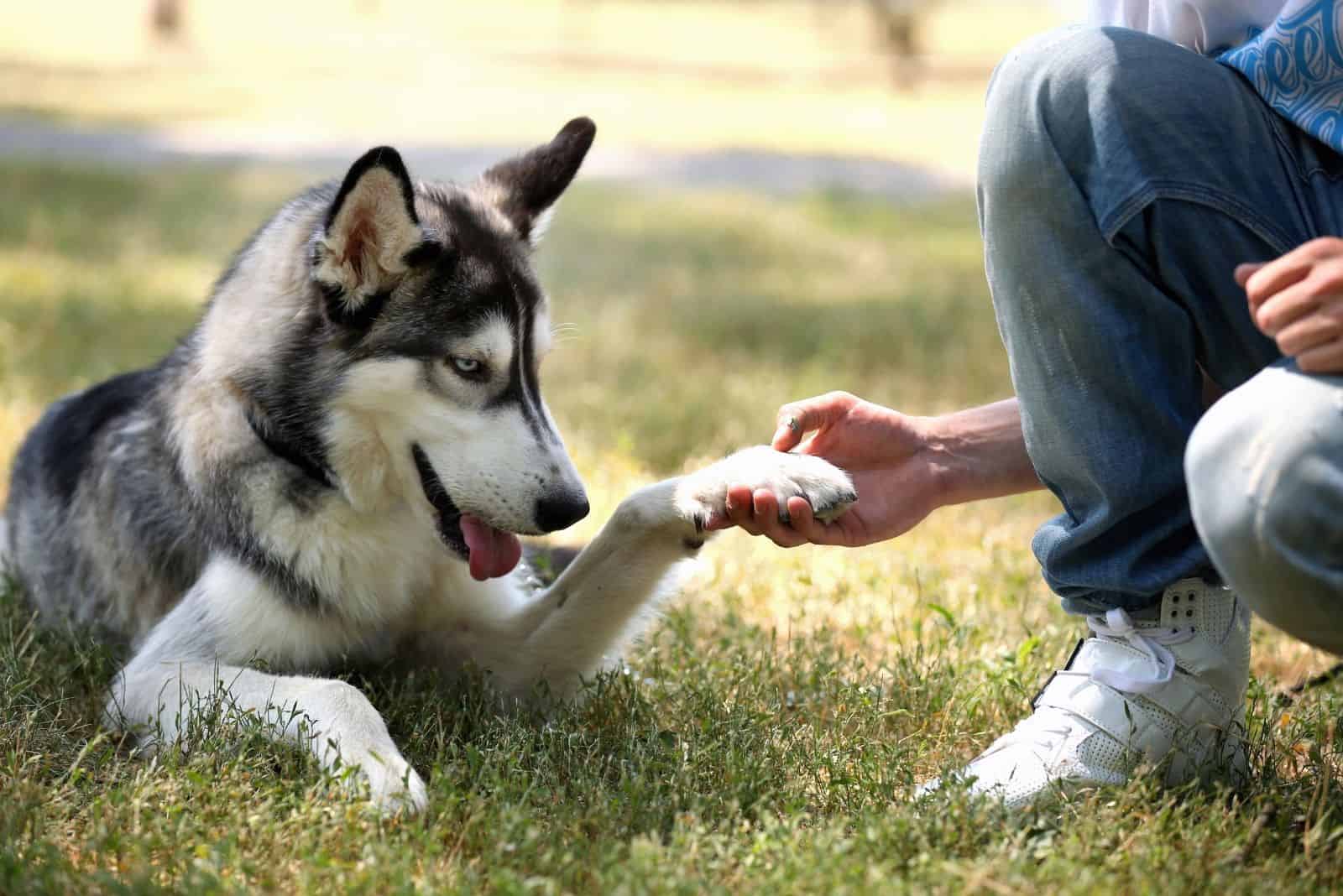
We’ve explored the reasons why they do howl and how you can discourage it if it becomes a nuisance. But you might be one of the rare husky owners who wonders why their dog is different!
There are many reasons why your dog isn’t howling, including the following:
• Training – if your dog has lived with previous owners or has come from a shelter, they may have been trained to be quiet. It could even be that they have been punished for howling, so they will be disinclined to try again.
• Injury or sickness – dogs tend to go quiet when they feel ill or are in pain. If your husky was a devoted howler and they stopped suddenly, then you should get them checked out by the vet.
• Quiet personality – it might just be that your dog is quiet, and there’s nothing wrong with that! If you really want him to howl, then there are ways to encourage it. What matters most is that the dog is happy and healthy.
• Depression – dogs can become sad and depressed because of the loss of a family member or another pet, a change of routine, or if they believe that they are receiving less attention. Their behavior will change, which includes the possibility that they’ll be less vocal.
• Old age – as they age, their hearing starts to worsen. This means that they are less likely to hear anything that triggers the howling instinct.
• It hasn’t settled in – is your dog new? Maybe they’re just getting used to their environment. Give them time, and they’ll soon be treating you to the classic husky song!
Husky Howling: The Final Word
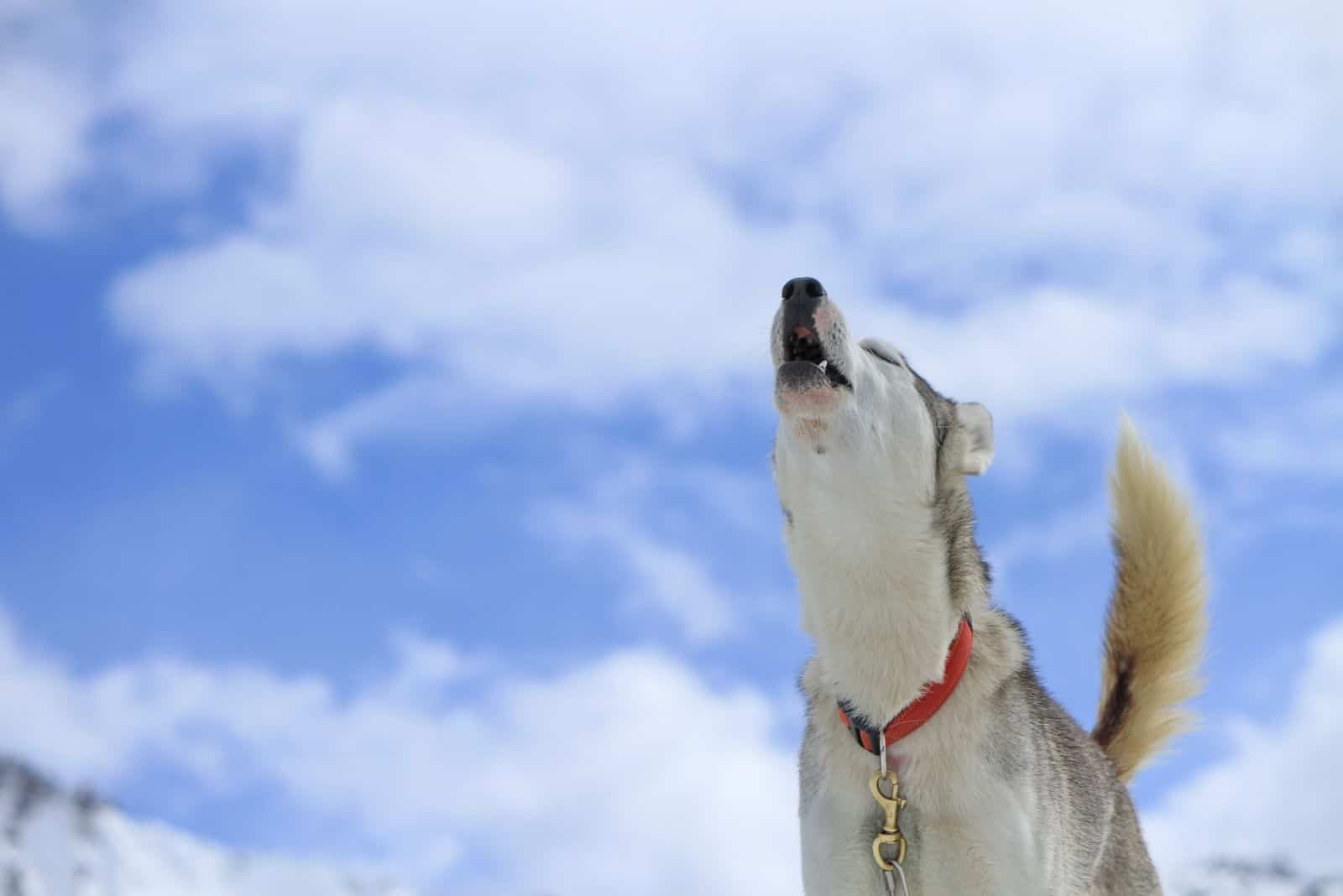
You might have wondered, Why does my husky howl so much? The answer is, it’s just in their nature to do so.
Some will howl more than others, depending on their character. Watch out for any signs of illness, injury, or depression and get them checked by the vet if you suspect anything is wrong.
Others will howl a lot, causing a nuisance. This behavior can be changed through training. Never be tempted to punish your dog for howling.
You should certainly never hit them, and even harsh words are neither necessary nor fair.
It’s a balancing act in the end. If it isn’t excessive, let them howl! It’s part of being a husky, and it’s what we expect of them. And if you don’t like the sound of a Siberian husky howling, then perhaps they’re not the dog for you.
Read Next: Agouti Husky: Siberian Husky With A Twist
